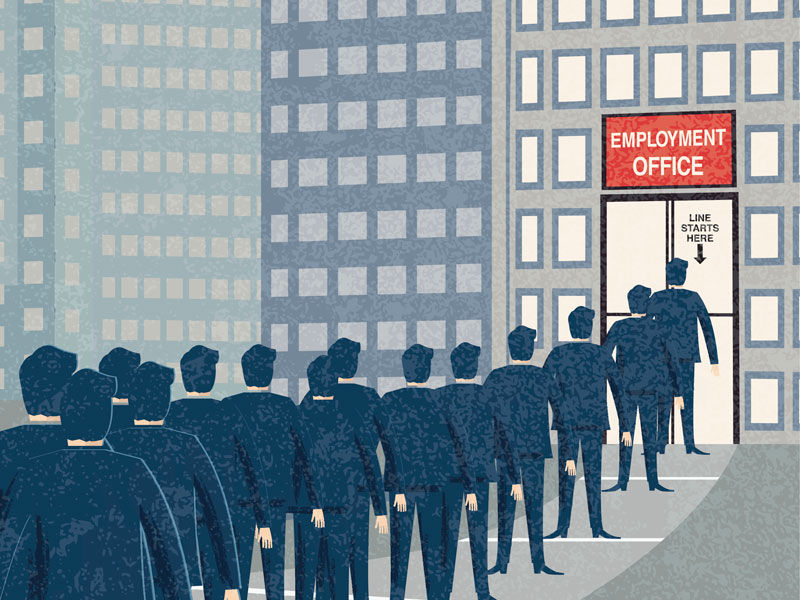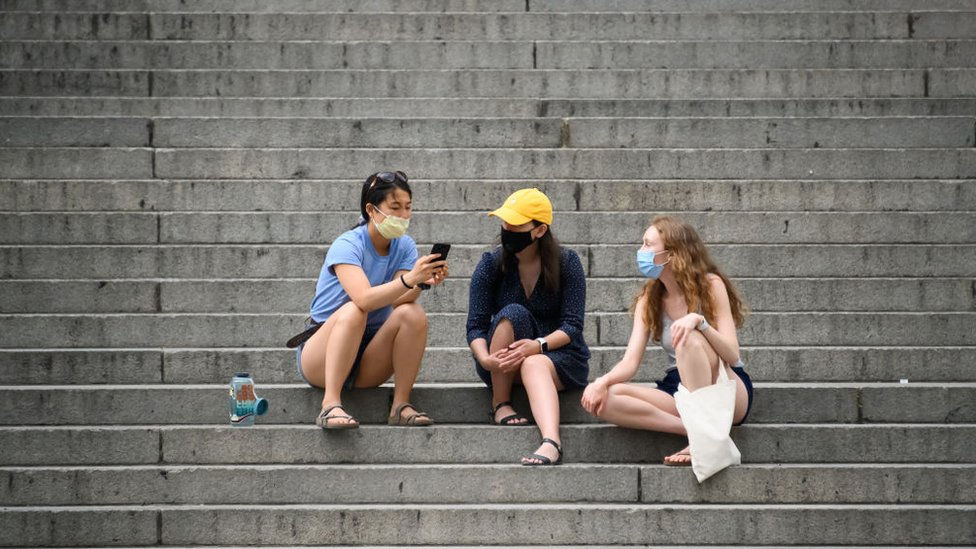COVID vaccines to not be taken under IPs.
- Samarth Modi

- May 7, 2021
- 3 min read
United States is arguing for COVID vaccines to be waived from IP possibilities.

I.P. or Intellectual Property is a method of providing proprietorship or rights over an intangible asset. Simply put, it is the ownership of an idea. It is a legal method through which ideas, art, and literature are considered the property of an individual company or person.
United States government has argued in the World Trade Organisation (W.T.O.) that these I.P.s should be waived on the vaccines. The United States has said that extraordinary circumstances call for extraordinary measures and believe that the vaccines' production and supply should not be limited due to profiteering motives.
The waiver of the I.P. will mean that the production of the vaccines developed by Moderna, Pfizer, Johnson & Johnson and Bharat Biotech will begin at a larger scale in middle-income countries. Due to the I.P. such as copyright and patents, the vaccines are only produced in leading and a handful of middle-income countries. Currently, production in middle-income countries is occurring through licensing or technology transfer agreements. The companies, however, believe that ramping up the independent domestic production of the vaccine (in middle-income countries) would be costly and be a lengthy process.
W.T.O. officials have said that the waiver proposal should also come with certain price centralisation to ensure that even after production in the middle-income countries, the mass does not face any shortages. Furthermore, South Korea, Bangladesh and Canada are ready with their production houses and only waiting for the patent waiver to begin mass production of the vaccines.
However, there are certain valid arguments against this proposal.
Leading pharmaceutical companies such as Astra Zeneca in a counter to Joe Biden said that the waiver proposal should be reconsidered. The firm believes that eliminating the I.P. protection the W.T.O. would undermine the global effort against the pandemic, and this move would possibly decrease consumer confidence in the vaccines. Furthermore, this would also discourage the production and research on vaccines for upcoming variants and possibly slow it down due to lack of funds. Moreover, the refuting proposal submitted by Astra Zeneca also believed that removing protection does not necessarily mean that production will increase. There are still many technological problems that middle-income countries will have to overcome to begin the production of the vaccines.
Bill Gates has also showcased his disagreement with the I.P. waiver proposal; he said "The thing that’s holding things back, in this case, is not intellectual property. It’s not like there’s some idle vaccine factory, with regulatory approval, that makes magically safe vaccines." Thus, even though the concept thought by the new POTUS is right - the execution is much more challenging than hoped for.
Other than the I.P. battles, various other economic limitations prevent the mass production and supply of COVID-19 vaccines.
The IFPMA or the International Federation of Pharmaceutical Manufacturers & Associations is an organisation formed in the 1960s in order to represent all pharmas internationally. IFPMA has brought up the concept of trade barriers, supply chain breakdowns and scarcity of raw materials to be one of the major causes that are halting vaccine development. Many countries will be able to buy the permits and licenses for the vaccines if they wish, however, the lack of adequate resources is the central problem.
Therefore, certain moves are being taken in the right direction - which are equally opposed by forces moving in the opposite direction. There is a large degree of diplomacy and humanity that is yet to be showcased to ensure that these vaccines are made available to every country and administered to everyone on the planet.





Comments